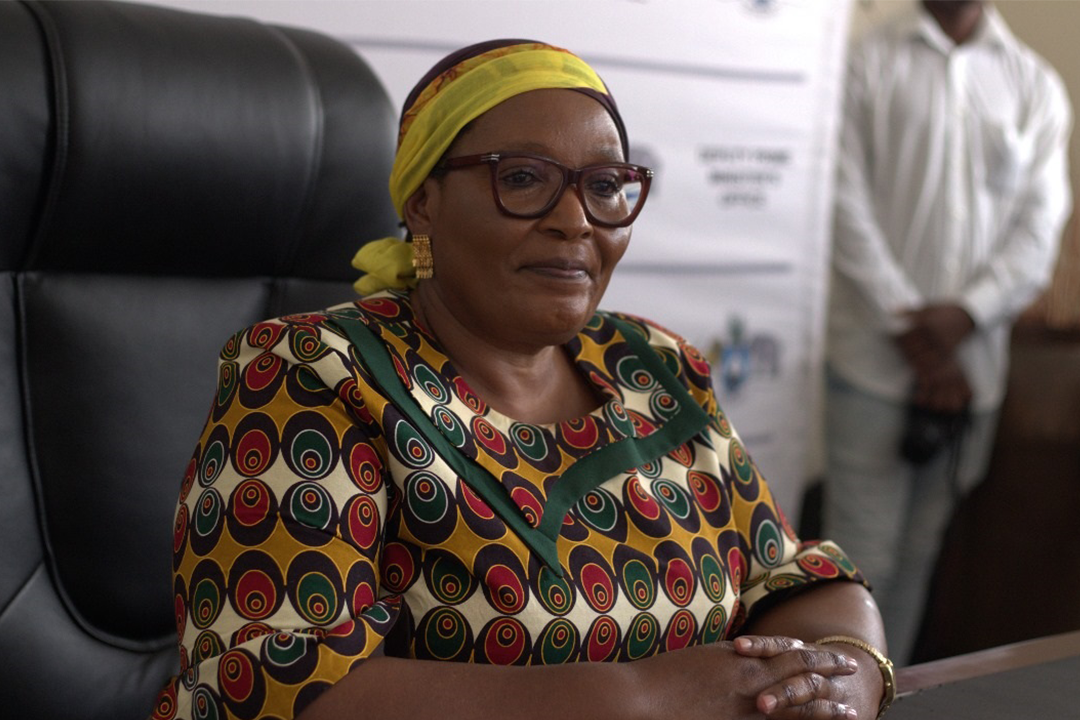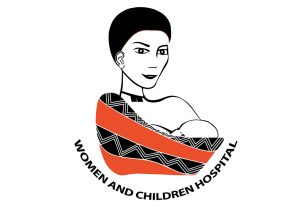BY MBONO MDLULI
MBABANE – Deputy Prime Minister (DPM) Thulisile Dladla, working with staff members under her office, has managed to construct 93 houses in a span of 10 months.
According to the 2024/25 annual performance report of the Deputy Prime Minister’s Office (DPMO), the houses were built from April 2024 to January 2025. The DPMO also rehabilitated some houses for vulnerable people around the country, while also building some neighbourhood care points (NCPs).
“The Office has constructed 93 new houses (30 one-room, 62 two-room, and one multiple room), 199 rehabilitations, and 2 NCPs for the most vulnerable households. In an effort to prevent disasters from occurring and minimise risk, the Office has been proactive in identifying stick and mud houses that require immediate attention,” states part of the report.
During the period under review, the Office, in collaboration with the Ministry of Public Service and the Civil Service Commission, recruited 34 Officers into different portfolios: one Children Coordination Officer, 25 Social Workers, two Orderlies, one housemaid, three Gender Analysts, and two additional Clerical Officers to enable the Office to effectively deliver on its mandate.
The Office also received six new vehicles, which were distributed to the different departments. Despite these achievements, the Office still faces challenges such as human resource constraints in view of the Social Worker: Client ratio, which affects service delivery. The rising number of social issues, including child neglect and GBV, highlighted the need for stronger preventive interventions and policy reforms.
The decline in funding assistance from partners has a negative effect on the implementation of some key programmes such as the 116 Child Help Line, GBV programmes, and OVC support. The DPMO remains dedicated to enhancing social protection services through policy development, resource mobilisation, and inter-agency collaboration. Moving forward, the focus will be on strengthening institutional capacity, improving service delivery efficiency, and expanding outreach programmes to support vulnerable groups across Eswatini.
As part of disability mainstreaming and inclusion, the Office, in collaboration with the Ministry of Labour and Social Security, hosted the National Job and Entrepreneurial Expo for Persons with Disabilities. The objective of the Expo was to promote inclusive employment and economic empowerment of Persons with Disabilities. In addition, the Office launched the National Disability Plan of Action 2024 – 2028, the United Nations Partnership on the Rights of Persons with Disabilities (UNPRPD) Phase 2 Project, and the Qualification Registry for Persons with Disabilities.
As part of service delivery, the Office distributed assistive devices and made referrals of PWDs to rehabilitation services. The Office also conducted training on sign language for parents of children with hearing impairments. The Office played a crucial role in promoting children’s rights and welfare. Technical working groups were coordinated to address child protection, and consultations were held on setting minimum standards for Residential Child Care Facilities (RCCFs). Draft Standard Operating Procedures (SOPs) were developed to guide the operation of the Neighbourhood Care Points (NCPs) in the country.
Efforts to combat Violence Against Children (VAC) included engaging children in discussions and formulating key pledges, such as judicial training and community-based justice initiatives. The 116 Child Helpline also received and processed 1 774 calls, with child neglect and social assistance being the predominant concerns. In an effort to promote children’s access to education, especially for the most vulnerable, the Office conducted a back-to-school campaign which assisted vulnerable children with school uniforms, school shoes, backpacks, dignity packs, and food items.
Despite the enactment of the Child Protection and Welfare Act (CPWA) of 2012, which, amongst other things, prevents children from being exposed to the adverse effects of the formal criminal justice system, the Office has noted an increase in the number of children in conflict with the law. The existing gap in the implementation of the CPWA of 2012 poses a risk of children ending up in the formal criminal justice system.
The CPWA of 2012 provides for a justice system that ensures children are treated in a specific manner; that deprivation of liberty be the last resort, and promotes restorative justice as an option. Pursuant to the identified gap, the Office embarked on a learning and sharing exercise on Child Justice aimed at upscaling the implementation of some provisions of the CPWA of 2012.




